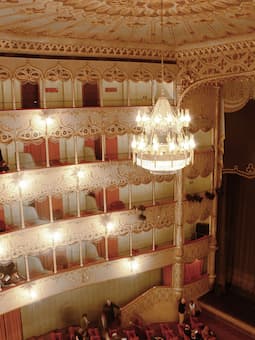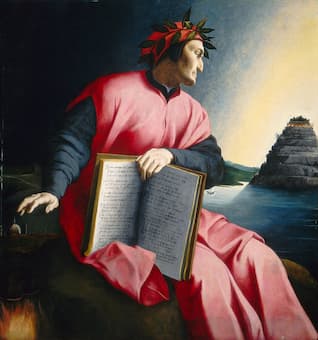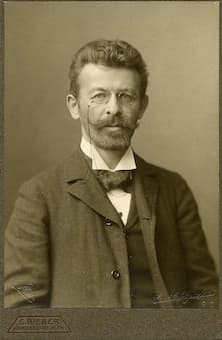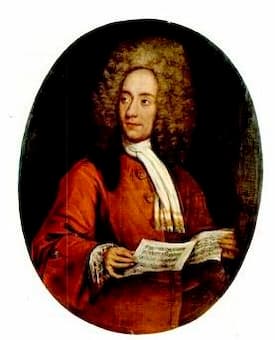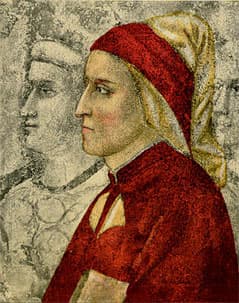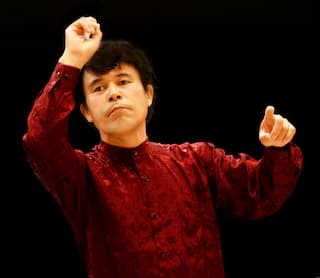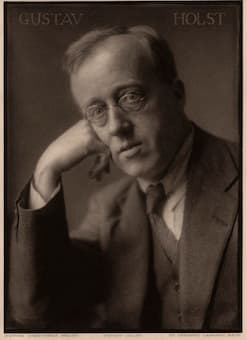On 7 November 1699 the San Salvatore Theatre in Venice produced the drama per musica “L’amar per virtù” (To love for the sake of virtue), with music attributed to Antonio Draghi. The plot focuses on the establishment of Moorish rule
In essence
As the ‘Father of the String Quartet,’ Haydn did a great deal to standardize the quartet form that we love so well. And yet, while giving him this comfortable title, we always have to recognize his sense of humour in
Dante Alighieri’s “Divine Comedy” contains 14, 233 lines of text divided into three main sections, “Hell, Purgatory, and Paradise.” As we might well imagine, there isn’t much music in Hell. It reverberates with “sighs, screams and lamentations, and different tongues
In his breakthrough instrumental piece, written in 1899 and given its premiere in 1902, Arnold Schoenberg (1874-1951) set aside all the vocal music he’d been writing to produce a work of true beauty. Verklärte Nacht (Transfigured Night) was based on
Tomaso Albinoni (1671-1750) and Johann Sebastian Bach (1685-1750) were contemporaries, but they never actually met. While Albinoni was at home on various Italian and international operatic stages, Bach never traveled far away from his native community in North-Germany. We do
The poet, writer and philosopher Dante Alighieri—who died in Ravenna 700 years ago—is widely considered one of the most influential creative minds in Western culture. His “Divine Comedy” is not only one of the most important poems of the Middle
Throughout human consciousness, the great rivers of this world have spiritually highlighted the paradoxical relationship between eternity and change. As metaphors for life itself, they simultaneously underscore all that is timeless and ephemeral in human experience and existence. Because rivers
Named not for the cathedral but for the girls’ school in Hammersmith where he was music master for nearly 30 years, the St Paul’s Suite by Gustav Holst provided the students with a beautiful piece that was all their own.

